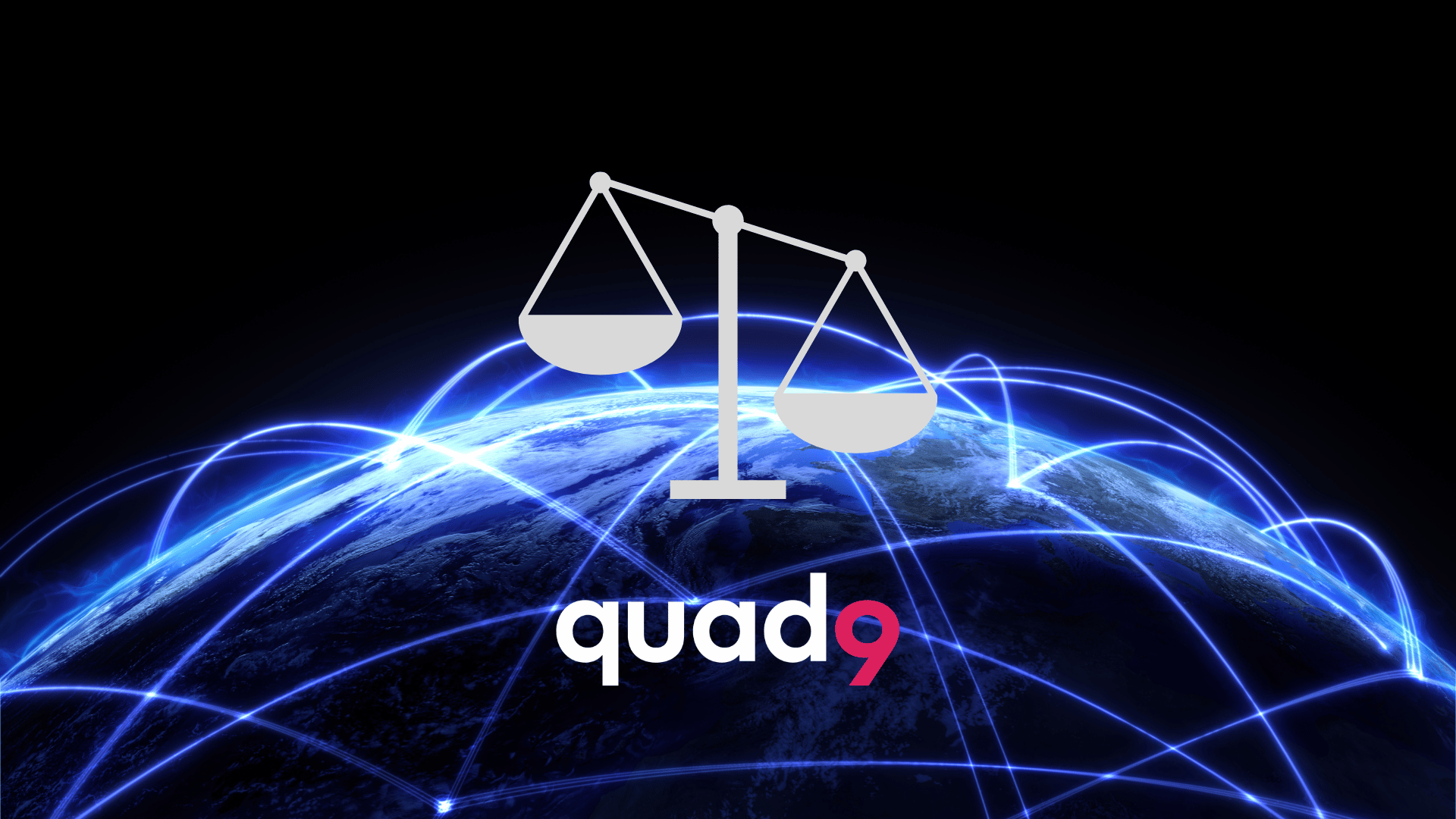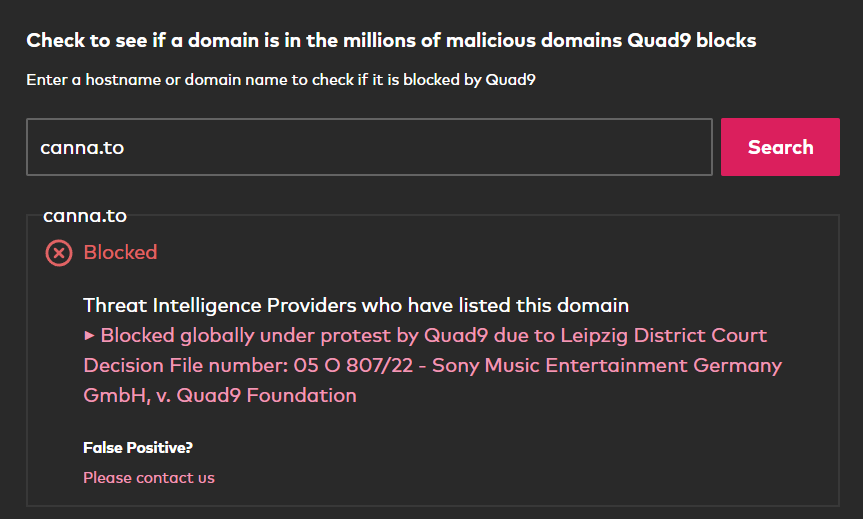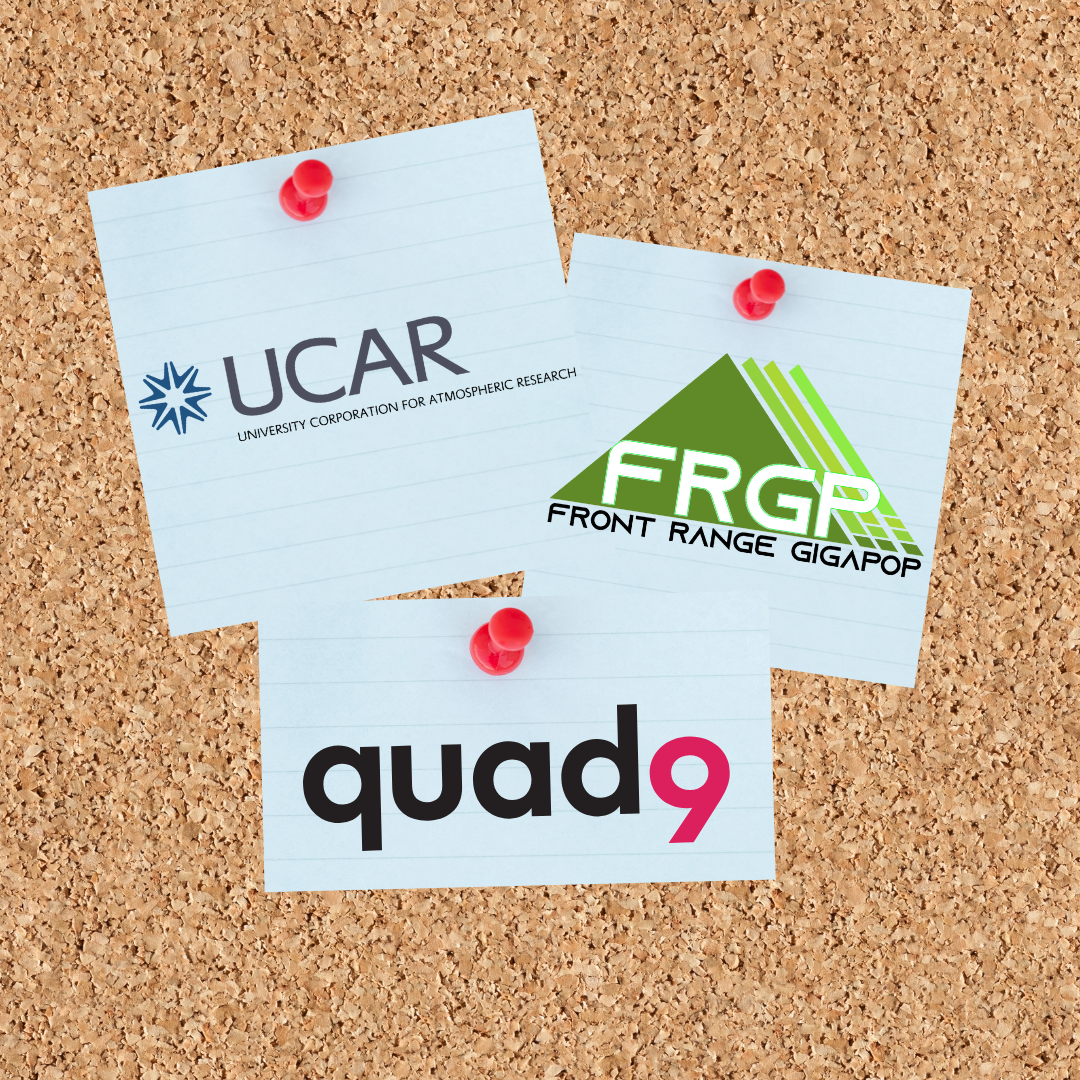The Danger of Content Blocking Measures by DNS Recursive Resolvers

Understanding the Concerns Around Sovereignty and Judicial Overreach
The Sony Music Entertainment Germany GmbH v Quad9 Foundation case has brought to light a concerning issue regarding the implementation of blocking measures by DNS recursive resolvers. In addition to concerns around sovereignty and judicial overreach, it is essential to recognize that DNS recursive resolvers are not the appropriate place to implement this type of blocking.
DNS recursive resolvers play a crucial role in the functioning of the internet by translating domain names into IP addresses. However, they should not act as gatekeepers for content, which can be subjective and varies from jurisdiction to jurisdiction. Users of Quad9 opt-in to our service and want the cyber protection that we enable for them. Blocking a domain for distributing malware is motivated by the desire to protect users from malicious or harmful content, such as viruses, phishing scams, or other threats. These types of protective DNS services blocking a domain for malware is a form of user opt-in filtering. The intention is to protect users from harm and does not necessarily involve restricting access to specific types of content.
Blocking a website based on its content is censorship since it involves restricting access to specific information based on someone else's standards or values rather than allowing individuals to choose what content to access. Most people would like to avoid ransomware on their computers. Still, they might want to browse a website with a specific set of content or an ideological perspective with which we disagree. Blocking a website based on some or all of its content is often motivated by a desire to restrict access to specific types of content.
Recognizing that DNS recursive resolvers are not the appropriate place to implement content-blocking measures is crucial. Arbitrary blocking of content-related domains places an undue burden on DNS recursive resolvers to police online content. DNS recursive resolver operators don't have the legal expertise or access to additional information that might be required to decide what content is legal or illegal. In this ruling, DNS recursive resolvers end up with more culpability and liability for content than social media networks. Concerns around copyright infringement and online piracy are valid, and the courts should address them in appropriate venues. Finding solutions that do not compromise internet users’ security and respect other nations’ sovereignty is crucial.
Due to the vague wording of the decision, Quad9 is now blocking the relevant domains globally to comply with the latest ruling Leipzig District Court Decision File number: 05 O 807/22 to avoid penalties. For more information, you can review the exact domains in our latest March 7, 2023 Transparency Report, look up the domains referenced via our block page, and get more information on the source of these blocks. We will appeal the decision, so don't mistake our compliance for lack of fighting spirit. It is also very possible with some legal and engineering brain power applied to the problem we may be able to come up with an alternative solution. Stay tuned on that front.

Screenshot from quad9.net showing results for blocked domain canna[.]to
As a small not-for-profit foundation, litigation has put a financial and operational strain on Quad9 as we continue funding our defense. We ask that anyone capable and inclined consider donating to maintain the foundation of a free and open internet. Quad9 relies on donations and grants to continue providing cybersecurity and privacy services to our users. If you or your organization want to donate substantially or partner with the Quad9 foundation, please get in touch with us via our Contact page.


